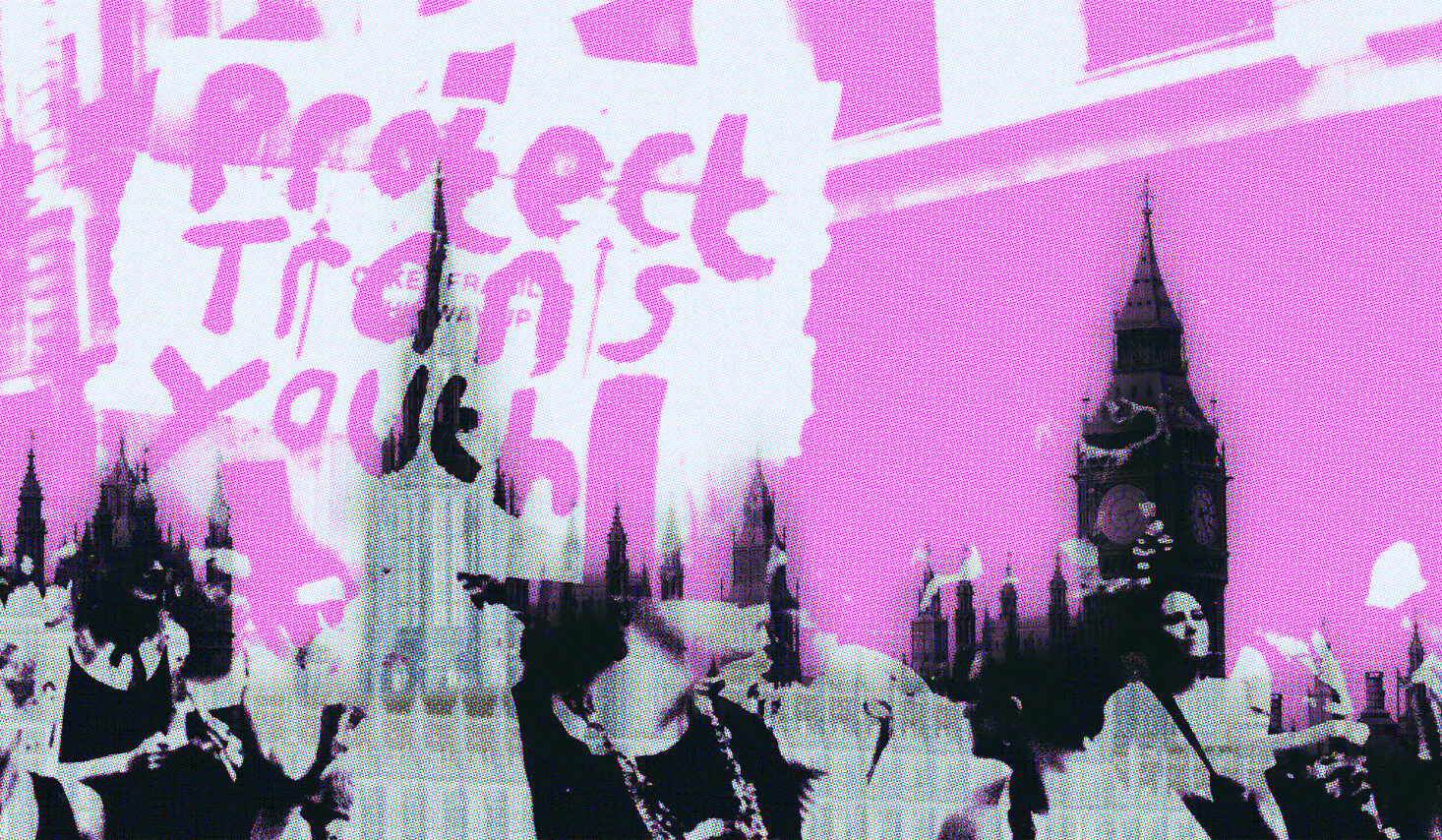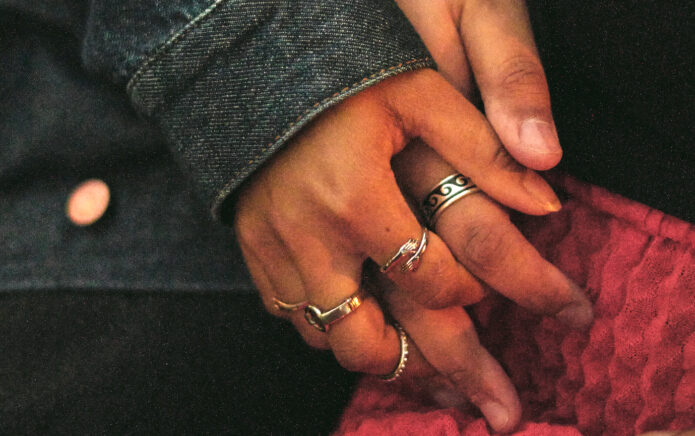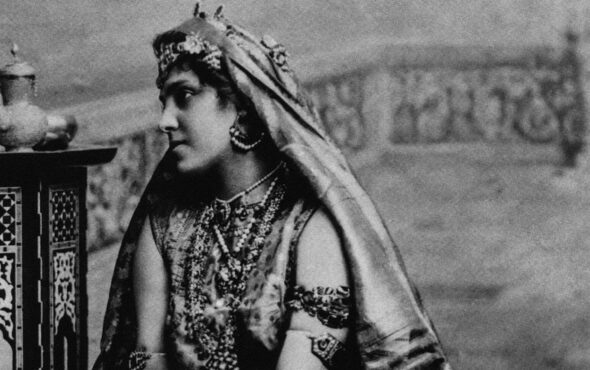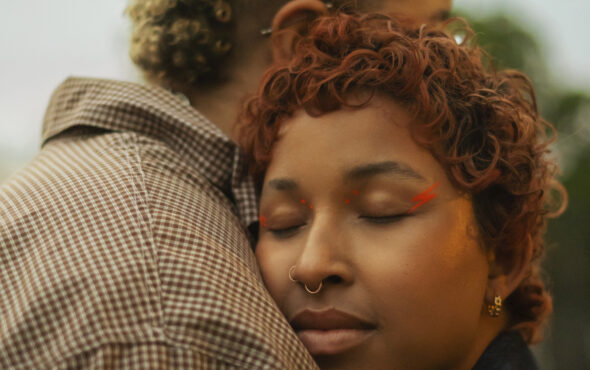
On Wednesday, the Prime Minister stood up in Parliament and mocked trans people in the presence of Esther Ghey, the mother of murdered trans teen Brianna Ghey. In his attempt to score political points, he showed a lack of human empathy. It’s something that now commonly characterises our conversations about trans people, an already vulnerable group. I was saddened by his words and his refusal to apologise, because I know that better conversations about LGBTQIA+ issues – and people – are possible.
For the past 18 months I’ve travelled to schools as a Just Like Us ambassador, talking with young people about sexuality and gender. I spent Tuesday not far from Parliament, talking to teenagers, each of whom approached the conversation with the empathy our Prime Minister failed to show this week. If we want to have healthier discussions about identity, we’d do well to learn from young people.
I think the difference between the average assembly hall and the floor of Parliament boils down to this; young people are willing to accept that they might be wrong. They come to the conversation armed with boundless empathy but also with the willingness to try to understand other people’s experiences. Thousands of students from Birmingham to Sunderland, in single sex and co-ed, both faith and secular, public and private schools, have sat still and listened to the experiences of a lesbian from Manchester (that’s me), and then asked questions which showed a genuine empathy and willingness to learn.
I’ve answered questions about the intersectionality of disability and queerness, talked about the nuances of the word queer, and engaged in dialogues about religion and allyship, but my favourite question came from a young girl in the West Midlands. She came up to me after a talk and asked, ‘After all that, are you happier now?’, and I said that I was. She looked at me and said that she hadn’t thought about it before but that it must have been hard growing up LGBTQIA+, and she was hoping it was better now. The day when Parliament can approach LGBTQIA+ young people with the same empathy feels very far away this week.
Sometimes we can make the false presumption that our experience is the only experience, so we fail to show up to conversations with empathy or an open mind. Then, if we hear something which challenges our experience, we can end up denying, avoiding or invalidating, before we actually listen and absorb. When we do that, we eliminate the possibility of learning anything new, of changing ourselves or our society for the better. We can’t afford for our politicians to continue like this – mocking what they do not understand. As long as they do, they will be failing trans young people like Brianna, and like my own teenage sibling, who have to bear the destructive impact of these conversations every day.
I know that thousands of 13-year-olds have compassionate conversations about sexuality and gender every week. Grown adults in charge of whole countries should be able to manage it too.
Deia volunteers as an ambassador for Just Like Us, the LGBTQIA+ young people’s charity. Sign up to their newsletter to find out more.



